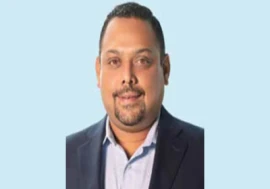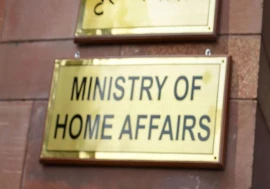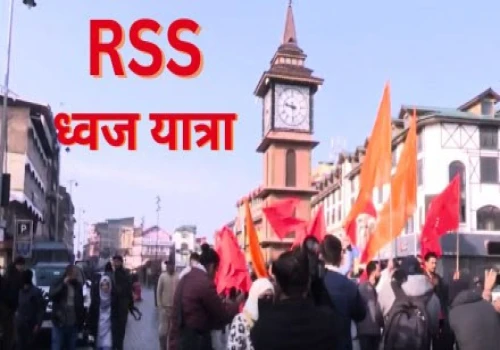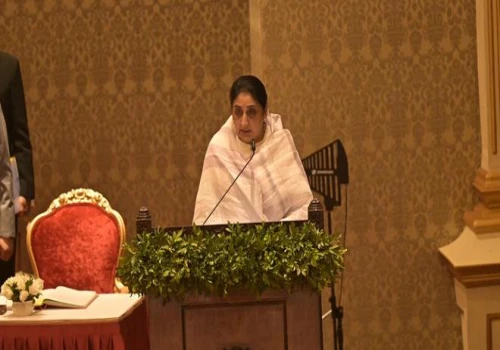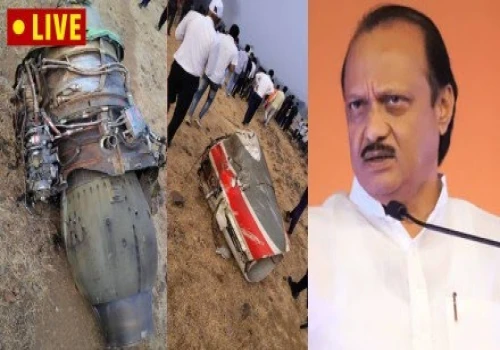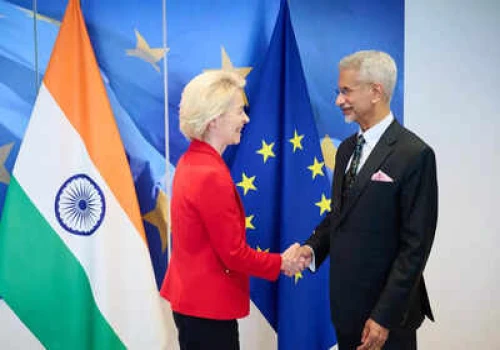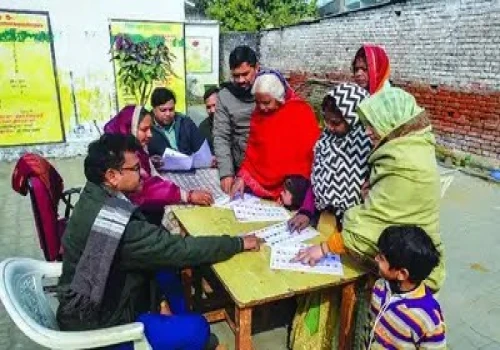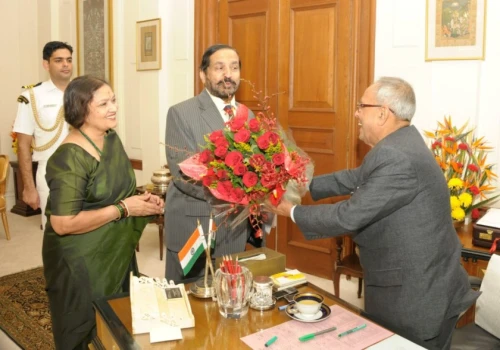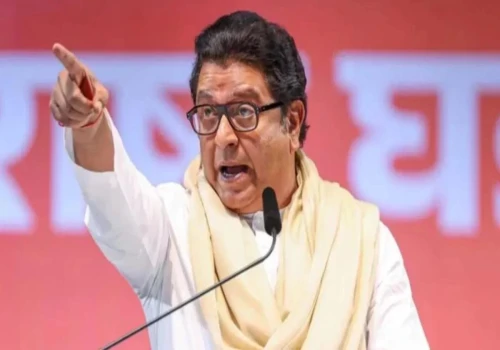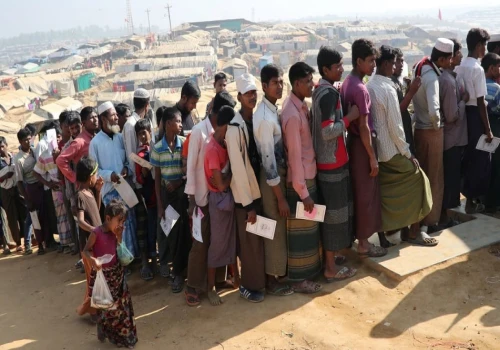_2100_x_1470.webp)
We vividly recall the episode when Prime Minister Modi made a significant visit to Kedarnath after the conclusion of the 2019 Lok Sabha elections, during the suspenseful wait for the election results. Opting for introspection and meditation in a cave, Modi's spiritual retreat garnered criticism from veteran Maharashtra leader Sharad Pawar, who labeled it a "Nautanki" or a theatrical performance. Pawar, in his election campaign, had foreseen the BJP emerging as the single largest party but doubted their ability to clinch power. However, the unfolding of events in the 2019 elections marked a historical deviation from such predictions.
In the preceding 2014 elections, Modi had contested from two constituencies, Vadodara and Varanasi, and successfully retained the latter – the sacred city of Kashivishweshar Mahadev. It is worth noting that Modi's spiritual sojourns have extended across various prominent Shiv Mandirs, spanning from Kedarnath to Rameshwaram, Pashupatinath to Somnath, over the past decade. The Prime Minister's engagements with these revered sites reflect a profound connection with spiritual and cultural roots.
PM Modi's choice of emphasizing Lord Shiva over Lord Rama and the avoidance of "Jai Shri Ram" slogans in his rallies outside Uttar Pradesh and Gujarat reveal a nuanced aspect of his political approach. The deliberate emphasis on "Har Har Mahadev" in his speeches indicates a strategic alignment with the symbolism associated with Lord Shiva. And today, what has changed that PM Modi is giving "Jai Shri Ram" slogans whervever he is goin in the country. It's not just the consecration ceremony of 22nd January, but something more. Let's understand.
The strategic use of religious symbols can be interpreted as a way to connect with a broader spectrum of the population, transcending regional and sectarian boundaries. In this context, Lord Shiva's universal appeal and representation of spiritual asceticism may align more seamlessly with Modi's political messaging.
It's crucial to note that this emphasis on Lord Shiva doesn't imply a lack of devotion to Lord Rama. In Hindu theology, both the deities rever each other and intertwine their names. The reciprocal adoration between these two divine entities, as well as the chanting of each other's names, underscores the harmonious coexistence in Hindu philosophy. There exists no fundamental difference in their spiritual essence and Modi's affinity for Lord Shiva doesn't diminish his devotion to Lord Rama. PM Modi's invocation of Lord Shiva in his public discourse reflects a nuanced understanding of religious symbolism and a strategic choice that resonates with a broader audience while maintaining an inclusive approach to the rich tapestry of Hindu beliefs.
Indeed, the intertwining narratives of Lord Rama and Lord Shiva in the Ramayana emphasize a profound connection between the two deities. When Lord Rama undertook the colossal task of building the Ram Setu to Sri Lanka, he not only established a Shivling at the site in Rameshwaram but also acknowledged Lord Shiva's pivotal role in the successful completion of the bridge. Sri Ram, expressing gratitude, bestowed the additional name "Rameshwar" upon Lord Shiva. The significance of this moment is further accentuated in the dialogue between Hanuman and Sri Ram, where the latter defines "Rameshwar" as "Ramasya Ishwaraha Yah, Sah Rameshwar," elucidating that the one who holds sway as Lord over Ram is Rameshwar. This acknowledgment underscores the interconnectedness and mutual reverence between Lord Rama and Lord Shiva. Lord Rama humbly referred to himself as the "Das" or servant of Shiva, showcasing a profound humility and devotion. Lord Shiva, in turn, clarifies to Mata Parvati, stating that the definition, according to him, is "Ramah Ishwarah Yasya Sah Rameshwar," signifying that the one whose Ishwar is Ram is indeed Rameshwar. This intricate interplay of devotion and mutual acknowledgment between Lord Rama and Lord Shiva exemplifies the harmonious synthesis of diverse theological perspectives within Hinduism, emphasizing the interconnectedness of divine entities.
PM Modi's act of seeking blessings at Rameshwaram before the consecration ceremony in Ayodhya aligns with the profound connection emphasized in the Ramayana, where Lord Rama himself acknowledges the significance of worshiping Lord Shiva. The Rameswaram temple, situated in Rameshwaram, holds immense reverence for Shaivites, Vaishnavites, and Smarthas alike. This sacred pilgrimage site is steeped in mythology, depicting the establishment and worship of the presiding deity, the Lingam of Ramanathaswamy (Shiva), by Lord Rama himself. Shri Ram had said before embarking on the Setu, " Those who approach me without having revered Lord Shiva might not attain the full fruits of their worship." By invoking the blessings of Rameshwara, PM Modi honoured these words of Lord Rama, which make him the perfect Yajman for the consecration ceremony. This gesture by PM Modi reflects a deep understanding of the theological nuances embedded in the cultural fabric of India.
From political perspective, PM Modi's dual devotion to Lord Rama and Lord Shiva can be seen as a unique bridge-building strategy, especially in the context of historical perceptions that Lord Rama, originating from the northern part of India, encroached upon the southern regions. While this notion was more prevalent in the past, it has gradually dissipated over time. However, the religious fervor for Lord Rama is still more pronounced in the North compared to the South, where the worship of Lord Shiva is widespread and holds equal significance. By blending Rambhakti and Shivbhakti, Modi seems to be following a path that connects these traditionally distinct religious and regional sentiments. The symbolic journey from Rameshwaram to Ayodhya, integrating the worship of both Lord Rama and Lord Shiva, reflects an attempt to bridge the perceived North-South divide. This approach contrasts with divisive statements that have been made in the past, such as Rahul Gandhi's comparison of behavioral norms between the North and South. Modi's strategy of fostering a sense of shared identity beyond regional differences. It underscores the idea that the devotion to these revered deities transcends geographical boundaries and unites people across the country.
Indeed, PM Modi's strategic and nuanced approach to invoking both Lord Shiva and Lord Rama reflects a careful blend of politics and religion. His cautious bearing of the flag of Lord Shiva over the years has seemingly paved the way for the wider acceptance and acknowledgment of Lord Rama, not just because of the completed Mandir promise, but due to a deliberate cultivation of religious inclusivity. By demonstrating a profound devotion to Lord Shiva, Modi may have garnered a certain religious credibility that now allows him to openly embrace the worship of Lord Rama on a national scale. This transition from Lord Shiva to Lord Rama in his public expressions is not merely a religious evolution but a calculated political move. With the Ram Mandir promise fulfilled, Modi appears to have strategically positioned himself to invoke Lord Rama across the country, tapping into the cultural and religious sentiments of a diverse populace. This integration of politics and religion in Modi's approach serves as a means to connect with a broad spectrum of the Indian population, uniting them under a shared cultural and spiritual narrative.

